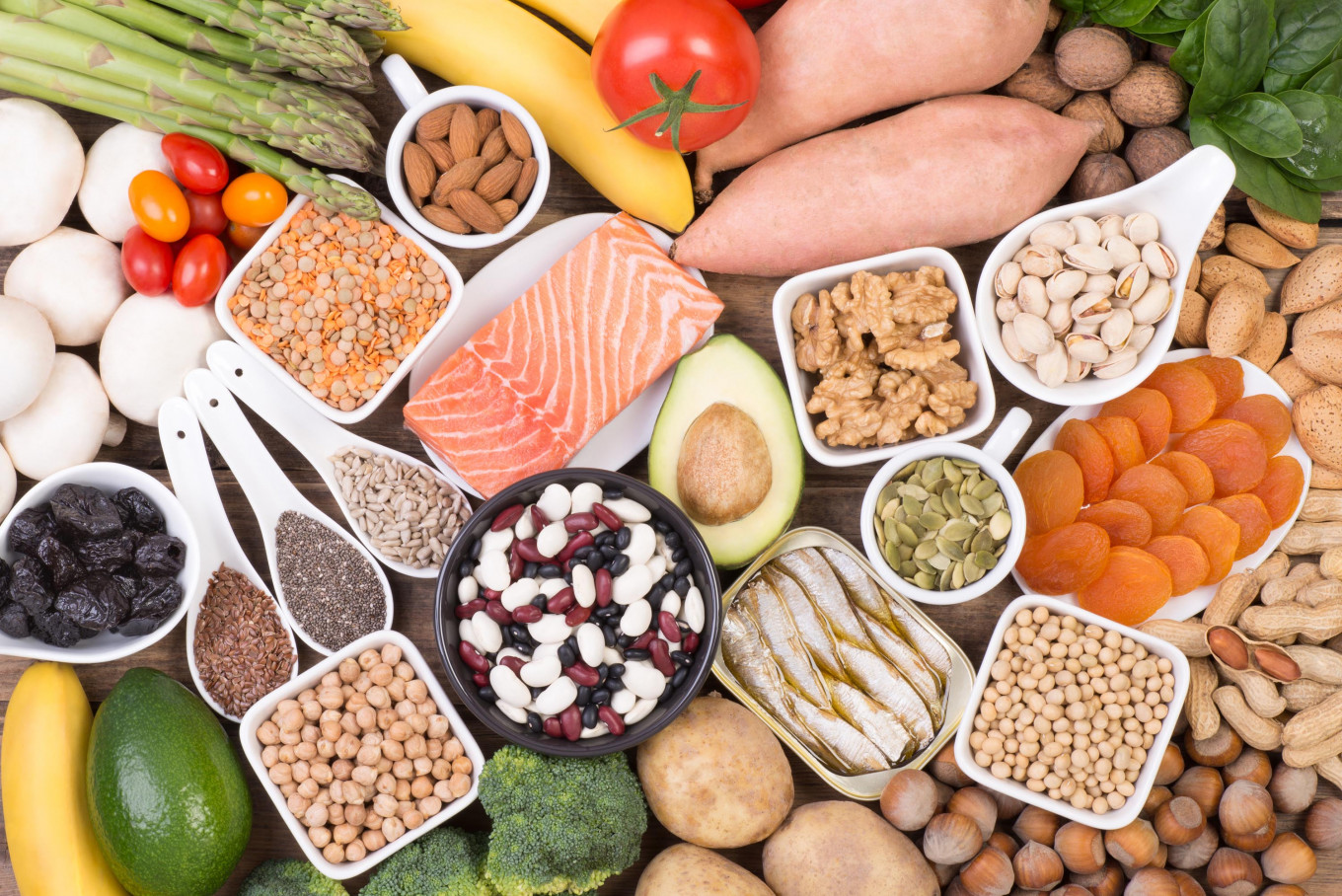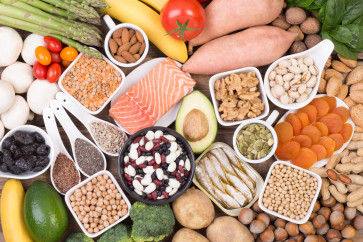Popular Reads
Top Results
Can't find what you're looking for?
View all search resultsPopular Reads
Top Results
Can't find what you're looking for?
View all search resultsAgrifood exports in ASEAN: Sanitary and phytosanitary measures
Free flow in agrifood trade in ASEAN has not yet been achieved, with key obstacles being nontariff measures (NTMs), including regulatory instruments such as sanitary and phytosanitary (SPS) measure as well as import licenses and testing and certification requirements.
Change text size
Gift Premium Articles
to Anyone
M
arket access is primarily conceived in terms of the removal of tariff barriers to trade, and in that sense, ASEAN has been remarkably successful in negotiating tariffs downward over the past two decades.
However, free flow in agrifood trade in ASEAN has not yet been achieved, with key obstacles being nontariff measures (NTMs), including regulatory instruments such as sanitary and phytosanitary (SPS) measure as well as import licenses and testing and certification requirements.
NTMs affect producers, importers and exporters alike by increasing information, compliance and procedural costs. ASEAN has been implementing a work program to reduce the trade-distorting effects of NTMs on agrifood trade for more than a decade under the ASEAN Framework Agreement for the Integration of Priority Sectors signed in 2004.
The global NTM database reveals that NTMs on agrifood trade in ASEAN’s priority sectors rose from 434 measures in 2000 to 1,192 measures in 2010 and to 2,181 measures in 2019. SPS measures are the largest component, accounting for about half of total NTMs. The top five member states with large number of SPS measures are Thailand (282), the Philippines (150), Indonesia (144), Malaysia (88), and Vietnam (83).
These measures have largely been driven by non-trade policy considerations such as consumer concern for product quality and safety. The proliferation of NTMs, especially SPS measures, has added to the complexity of the cost-benefit analysis used to justify the elimination of non-tariff barriers. This involves assessments of costs, benefits, and risks on human, animal and plant’s health, from experts in sectors such as economics, agriculture and healthcare/food safety.
I calculate ‘exposure to SPS measures’ to gauge the extent to which member states face SPSrelated barriers to their agrifood exports to ASEAN markets. The score is calculated by multiplying the share of bilateral exports in agrifood products with the ad valorem equivalents (AVEs) of SPS measures on imports for such products in the importing countries.
The AVE of an SPS measure on agrifood imports is the rate of an ad valorem tariff that would reduce imports of those products by the same amount as the SPS measure.


















